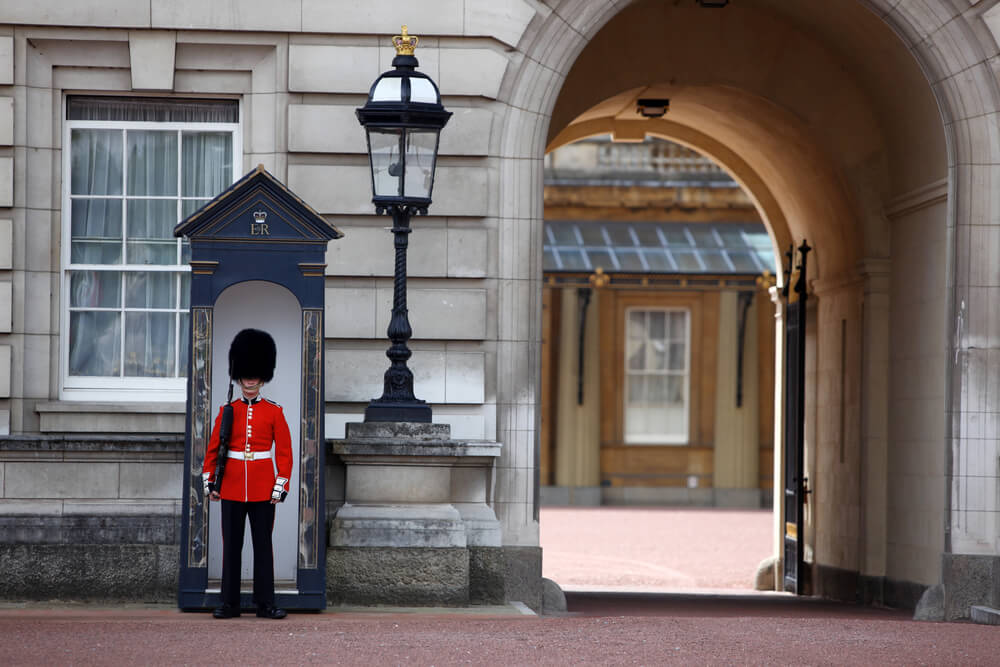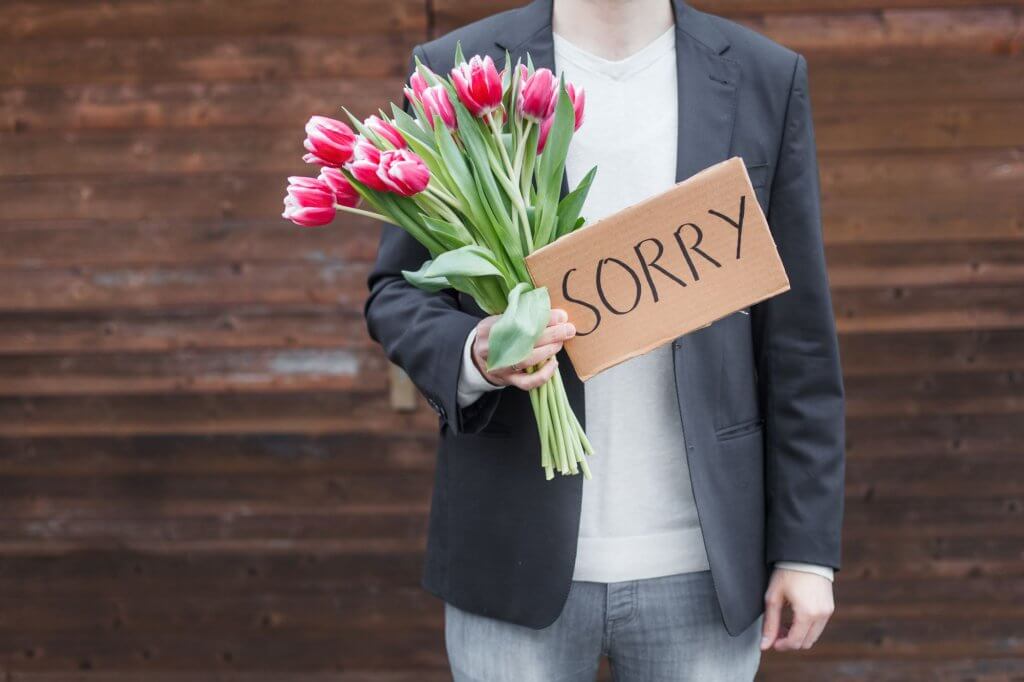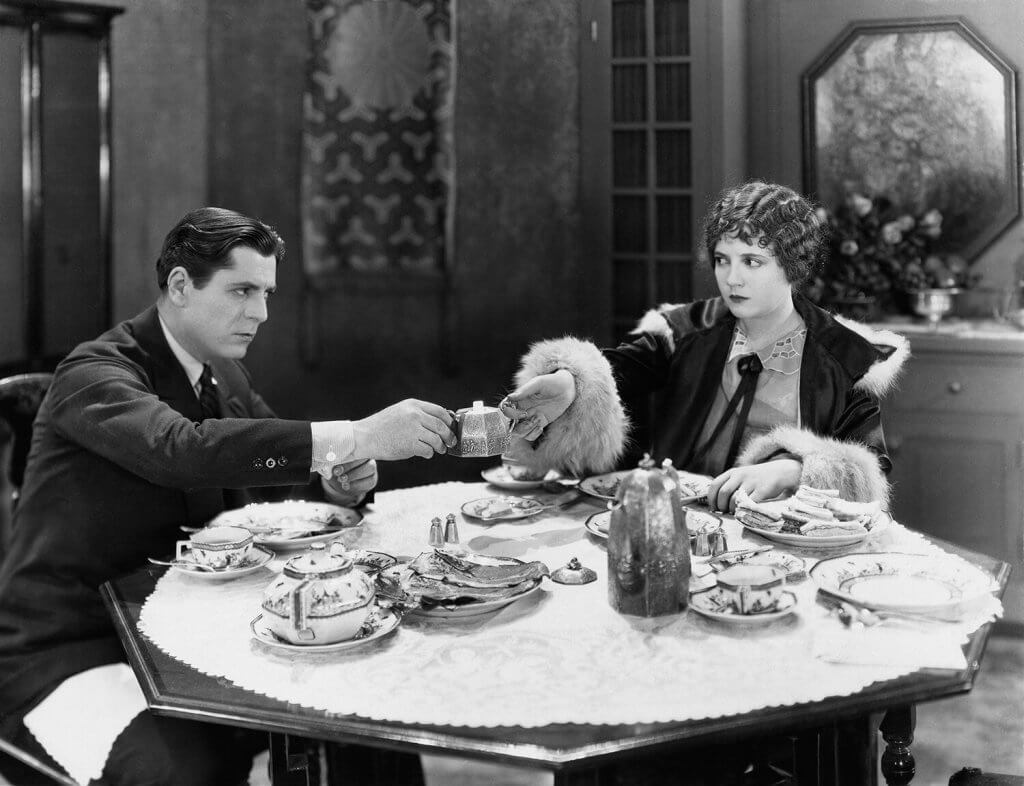Welcome to a expedition through the charming labyrinth of British etiquette and social norms! Prepare for a journey filled with cups of tea, queues that stretch into infinity, and the occasional polite tutting.
In this peculiar land, where “sorry” is practically a national anthem and the weather is the preferred topic of conversation, navigating social interactions can feel like a delightful dance through a minefield of unspoken rules and subtle nuances. Fear not, for we are here to be your trusted guides as we uncover the quirks and idiosyncrasies of British social conduct. Cheerio!

Greetings are the cornerstone of social interactions in the British Isles. Whether in a quaint tea shop or in formal occasions, a firm handshake, accompanied by a smile and direct eye contact, is customary.
The double-cheek kiss is reserved for very close friends and family, while a polite nod and “Good morning” or “Afternoon” suffice for casual encounters. Use last names and appropriate titles until specifically invited to use first names.
In all situations, you should maintain personal space when talking to someone. British people swear by good punctuality, and lateness is frowned upon and even considered rude by many.

Body language speaks volumes in British social norms. An upright posture exudes confidence and respect, while subtle gestures such as a nod or wave convey politeness. It’s important to avoid overly expressive movements and instead opt for subtle gestures that reflect politeness. By mastering the art of non-verbal communication, you can navigate social interactions with ease and charm and embody the basics of British etiquette.

For formal occasions as well as casual gatherings, it is important to dress elegantly and with restraint. For men, a well-tailored suit is a sign of elegance, while women often opt for smart dresses or tailored pants combined with an elegant blouse. It is also important to have the right fit so that you feel comfortable while maintaining a sense of style.
Observations show that british people in larger cities dress more formally, particularly London. Men and women wear wools and tweed for casual occasions. Pants, sweaters and jackets are appropriate for both men and women.

Complaining is a delicate aspect that requires tact and consideration. For both minor inconveniences and major problems, it is important to express dissatisfaction politely and constructively. This includes using friendly language, e.g. “I’m sorry for bothering you”, and giving clear and specific feedback. Offering solutions or alternatives can also help to positively influence the situation.
Mastering the art of complaining of British Etiquette with grace and diplomacy can address concerns while maintaining harmonious relationships and social decorum.

Good table manners are an essential part of etiquette and demonstrate respect and sophistication at the table. This includes bringing a small gift when invited, the correct use of utensils, correct posture and polite conversation with those at the table.
At a formal dinner party, where there are numerous pieces of cutlery on the table, it is customary to start with the outer ones and work your way inwards with each course. Anyone who has seen Pretty Woman knows what we’re talking about 😉
It’s important not to talk with your mouth full, not to reach across the table and to chew with your mouth closed. Also, expressing your appreciation for the food and gratitude to the host or hostess helps to create a positive atmosphere during the meal. Enjoy your meal!

Apologizing is an integral aspect of British rules of behaviour, reflecting humility and respect for others. Whether it’s a minor inconvenience or a more significant offense, offering a sincere apology demonstrates integrity and consideration. In British culture, phrases like “I’m terribly sorry” or “I apologize” are commonly used to express remorse and acknowledge wrongdoing. Additionally, promptly addressing the issue and taking responsibility for one’s actions are key components of a genuine apology. By mastering the art of apologizing, individuals can navigate social interactions with grace and integrity, fostering stronger relationships and mutual respect.

British norms and own rules for women emphasizes elegance, sophistication, and respect for tradition. Key rules include dressing modestly, engaging in polite conversation, exhibiting impeccable table manners, displaying social graces, and handling social situations with diplomacy. By adhering to these guidelines, women can navigate social interactions with confidence and grace.

Polite behavior is the cornerstone of British etiquette rules, embodying respect, consideration, and kindness towards others. This includes using courteous language, such as “please” and “thank you,” engaging in active listening, and showing empathy towards others’ feelings and needs. It is important to respect the British desire for privacy. Personal questions about salary, wealth, weight or age is generally regarded as impolite. It is considered rude to spit in public and to try to sound British or imitate their accent. If you are standing in a queue, you should always queue up and wait your turn.

Mobile phone etiquette is the delicate balance between staying connected and being considerate of those around you. In social settings, like dinners or meetings, the most common form is to keep your phone tucked away to fully engage with those present. Using a cell phone at the dining table is considered impolite, as is talking loudly on the phone, especially on public transport. If you need to attend to a call or message, excuse yourself politely. Remember, being present in the moment is the true mark of good manners.
In situations where phone use is necessary, such as checking messages or emails, it’s courteous to excuse yourself briefly and step away from the group to avoid disrupting the conversation.

Drunkenness, a balancing act of enjoyment and responsibility. In etiquette rules, it’s crucial to know your limits and maintain composure when indulging in libations. Overindulgence can lead to social missteps, so pace yourself and prioritize safety. Enjoy the convivial atmosphere, but always with moderation and respect for yourself and others. Cheers to responsible enjoyment!